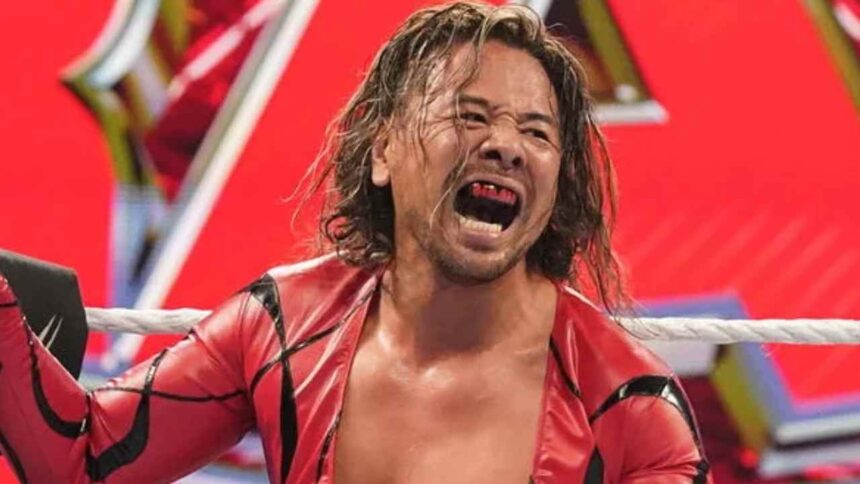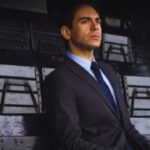Former WWE Intercontinental Champion Shinsuke Nakamura made a significant splash in the MMA community with his recent appearance in the corner of longtime friend Rei Tsuruya at UFC 303 in Las Vegas. Tsuruya’s impressive victory over Carlos Hernandez was punctuated by a celebratory moment where he struck Nakamura’s iconic pose, highlighting their deep friendship and mutual respect.
Nakamura’s transition from professional wrestling to supporting roles in MMA showcases his enduring passion for combat sports beyond the squared circle. His presence at UFC 303 not only underscored his ongoing ties to the martial arts world but also drew attention to his influence and camaraderie within it.
Tsuruya’s homage to Nakamura’s signature gesture after the fight symbolized more than just a tribute—it embodied the bond between two athletes who have navigated parallel paths in different arenas of combat sports. Nakamura’s cameo at UFC 303 served as a poignant reminder of his multifaceted career and the lasting impact he continues to have across various realms of competitive athletics.
Nakamura’s presence in Tsuruya’s corner wasn’t just a casual appearance—it was deeply rooted in personal connections. According to Dave Meltzer’s insights in the Wrestling Observer Newsletter, Nakamura and Tsuruya share a close friendship that extends to their families. Tsuruya’s father, who reportedly trained Nakamura during his own MMA pursuits earlier in his career, personally invited Nakamura to join his son’s corner for the UFC bout. For Nakamura, it was a chance to experience the adrenaline and atmosphere of a UFC event firsthand.
Meltzer’s commentary delved into Nakamura’s past aspirations in MMA, revealing that Nakamura had been approached by former UFC matchmaker Joe Silva to compete in the Octagon. At the time, Nakamura’s loyalty to New Japan Pro-Wrestling (NJPW) under President Antonio Inoki’s tenure kept him from pursuing the opportunity, despite UFC’s interest in integrating Japanese wrestling stars into the MMA scene. Reflecting on his decision, Nakamura reportedly harbored regrets about not seizing the chance to compete in UFC during MMA’s peak popularity in Japan.
Stephen’s Insight
Nakamura’s foray into the UFC, even in the role of a cornerman, offers a compelling glimpse into his enduring relationship with MMA and the alternative paths his career might have taken. Meltzer’s insights further enrich Nakamura’s narrative, delving into the intricate web of personal bonds and pivotal career decisions that have defined his unique journey.
While Nakamura’s presence in the UFC as a cornerman may seem peripheral to some, it symbolizes his unwavering commitment to the sport that has been central to his life. Meltzer’s analysis underscores the significance of Nakamura’s choices, revealing how each decision, whether in the ring or behind the scenes, has contributed to shaping his legacy in the world of mixed martial arts.
Beyond the octagon, Nakamura’s story resonates with the broader themes of perseverance and the complex interplay between personal aspirations and professional realities. Meltzer’s perspective offers a nuanced view of Nakamura’s evolution, showcasing the impact of his experiences on and off the mat, and how they continue to influence his ongoing journey in the realm of combat sports.




